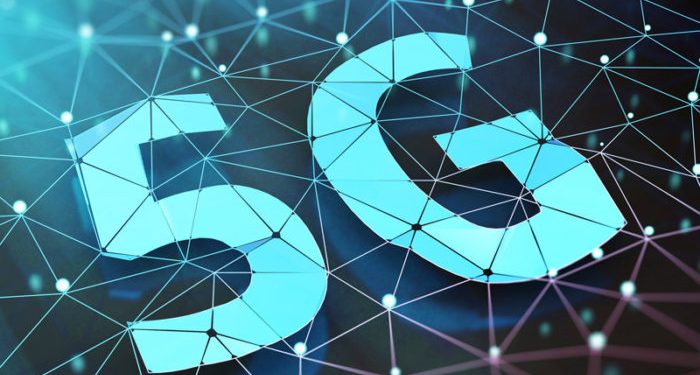New Delhi: There is a huge demand for 5G in India as it is much more efficient and will enable the telecom operators in the country to manage the explosive data growth expected in the coming three to four years, a top Ericsson executive has said.
“There is a demand for 5G and there is a need. Just look around India Mobile Congress 2019 and you will see that everyone wants to touch and feel 5G. They want to understand how this technology can solve our problems,” Nitin Bansal, Head of Ericsson India, told IANS during an interaction at IMC 2019.
With 5G commercial networks being switched on, the first use cases would be enhanced mobile broadband, which will bring better experiences for smartphone users, and fixed wireless access, providing fibre speeds without fibre to homes.
“And then it will open up avenues for industry 4.0 and resilience in the network and also lower latency or delay in the network which has the potential to transform several sectors including education and healthcare and it will also enable industry automation,” Bansal said.
“But to enjoy the benefits of 5G, the whole ecosystem has to fall in place. Spectrum has to be auctioned, and fibre has to be in place and we will also need the devices,” he said.
“I sense a lot of interest from telecom operators. However, there are issues like how do we make spectrum affordable,” he added.
According to the latest Ericsson Mobility Report, monthly data usage per smartphone in India rose to 9.8 gigabytes (GB) at the end of 2018, the highest in the world. But by 2024, monthly data usage per smartphone in the country would grow at 11 per cent to reach 18 GB.
According to the report, mobile video traffic is fuelling the data traffic growth as users are spending more time streaming and sharing videos.
As the evolution towards more advanced technologies continues in India, LTE (4G) is forecast to represent 82 per cent of mobile subscriptions by the end of 2024 compared with 38 per cent in 2018.
The LTE subscription in India is expected to grow at 17 per cent CAGR from 450 million in 2018 to 1.16 billion in 2024. An Ericsson study has found that Indian smartphone users are willing to pay more than 66 per cent premium for 5G services.
“The arrival of 5G will not mean that 4G will go away,” Bansal said.






































